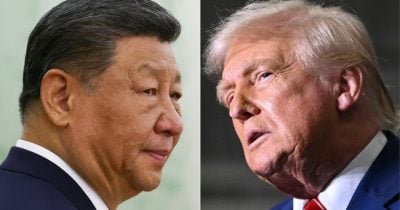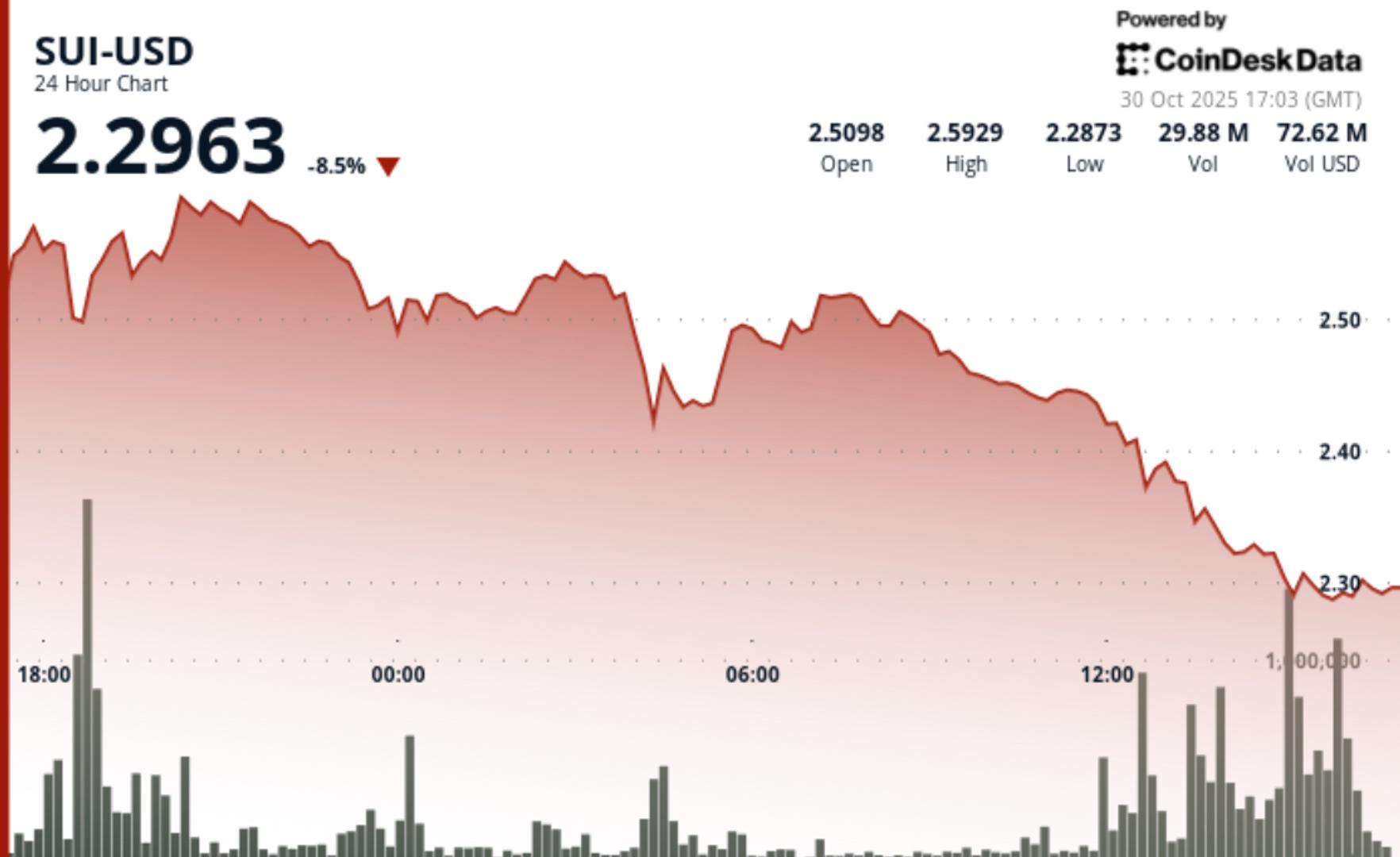The political force set to lead the new government of Germany has now taken a friendly stance toward crypto assets, a marked change since its time in opposition. Last year, the Christian Democratic Union (CDU) pushed for restrictions that angered the country’s crypto community.
But this seems to be a thing of the past now when it will be the largest party in the Bundestag. The CDU has started to pull back the curtain on its plans for the space, and it sounds like it wants to turn the Bundesrepublik into an attractive destination for Bitcoin business.
CDU commits to making Germany great for crypto economy
The recently announced coalition agreement in Germany only briefly mentions crypto assets. Still, a representative of the largest party in the upcoming cabinet has shed more light on the next government’s intentions in that regard.
“The CDU attaches great importance to the topic of cryptocurrencies. In our Agenda 2030, which we published in January 2025, we clearly commit to the goal of developing Germany into an attractive location for the crypto economy, a spokesperson told the German crypto news outlet BTC ($109,950.00) Echo.
The party’s representative also emphasized that the Union is now “fundamentally open to crypto assets” as part of its commitment to building a modern and future-oriented financial system in the Federal Republic.
“We see enormous potential for innovation in the underlying blockchain technology,” the party official added, specifically referring to employing distributed ledger tech in cybersecurity and value chain optimization applications.
“As far as crypto assets are used as a means of payment, financial freedom and privacy protection are fundamental principles for us,” stressed the spokeswoman, who has not been identified in the media report.
The coalition agreement between the conservative alliance of the CDU and its smaller partner, the Christian Social Union in Bavaria (CSU), and the Social Democratic Party (SPD) was announced on April 9, following the federal elections held on Feb. 23 this year.
In the document, the parties promised to “review the regulation of crypto assets, the grey capital market and shadow banks for gaps and close them if necessary” but did not elaborate on their specific plans regarding the crypto sector.
„Wir wollen und wir werden den Wandel in der Welt für Deutschland mitgestalten. Der Koalitionsvertrag ist ein Aufbruchsignal und ein kraftvolles Zeichen für unser Land: Die politische Mitte unseres Landes ist in der Lage, die Probleme zu lösen, vor denen wir stehen. Die künftige… pic.twitter.com/Yg138rs9i1
— Friedrich Merz (@_FriedrichMerz) April 9, 2025
Future of German cryptocurrency market still uncertain
The CDU has made it clear that the future legal framework must be designed to prevent money laundering and the financing of terrorism, which, in the words of its spokesperson, still occur with some crypto assets. “We stand for a balanced approach to promoting innovation and security,” she insisted.
The Christian Democrats have in the past pressed for a more radical approach citing similar concerns. Early last year, while still in opposition, they suggested banning certain crypto transactions and introducing mandatory registration for self-hosted cryptocurrency addresses. The measures angered the German crypto community, which saw the motion as an attack on financial freedom.
Germany’s new government, with CDU leader Friedrich Merz as the chancellor, should be sworn in in the first week of May. It remains to be seen if the coalition cabinet will implement the CDU’s crypto plans, the report noted. Facing domestic and global challenges, Berlin will have to deal with issues in many areas besides crypto, including economy, migration, and defense.
During negotiations in late March, the center-left SPD party of outgoing chancellor Olaf Scholz suggested a reform that would have removed a crypto tax exemption, but the proposal was dropped from the final version of the coalition agreement. In Germany, investors who hold Bitcoin (BTC), Ethereum (ETH ($3,859.53)), or other cryptocurrencies for more than a year before sale are not taxed for the gains.
Cryptopolitan Academy: Tired of market swings? Learn how DeFi can help you build steady passive income. Register Now



























 24h Most Popular
24h Most Popular









 Utilities
Utilities